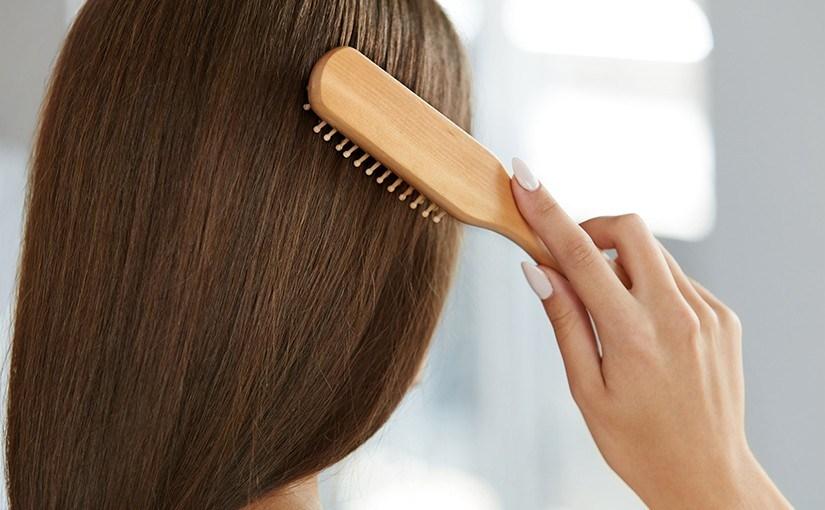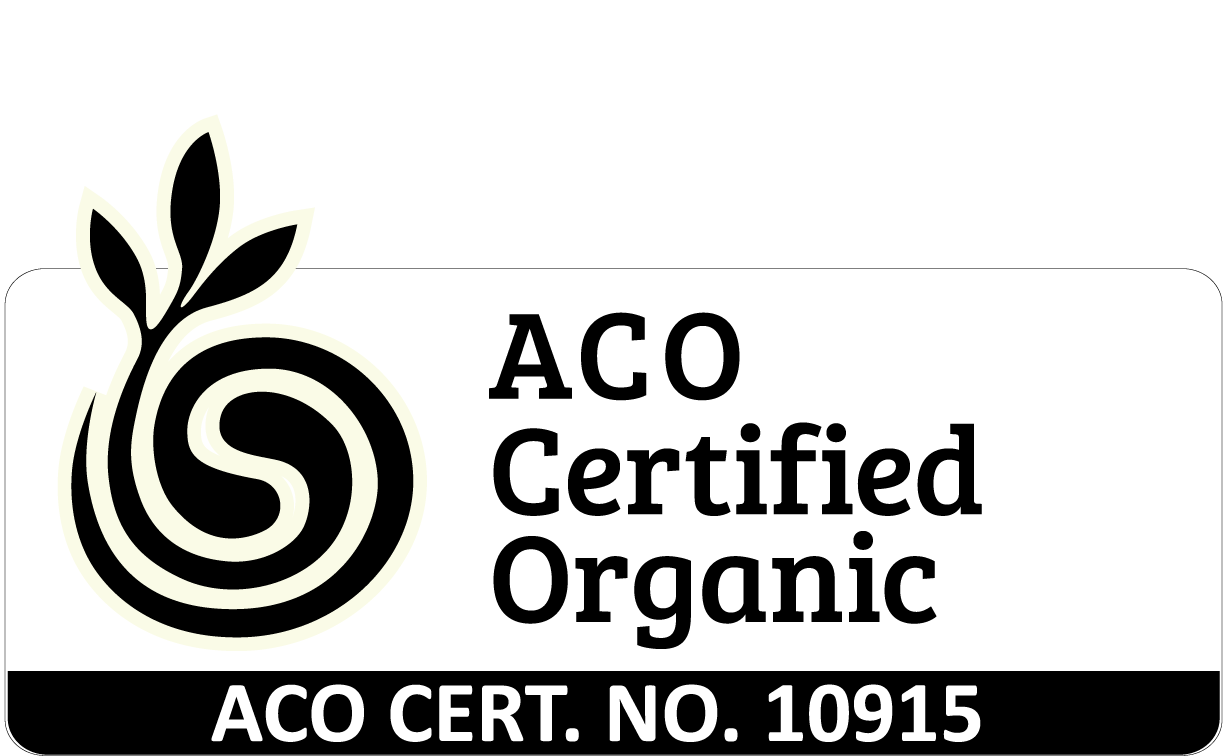How to Nourish Yourself During the Pre-Spring Season

A solar term is a period of about two weeks based on the sun’s position in the zodiac and forms the traditional Chinese calendar system. The calendar follows the ancient Chinese belief that living in accordance with nature will enable one to live a harmonious life. This article series explores each solar term, offering guidance on how to best navigate the season.
While the current solar term is called “Spring Begins,” the weather certainly remains cold. This could make the idea of spring sound like a stretch to some. So why do the ancient Chinese say Feb. 4 to 18 is when spring begins?
In the solar calendar, Spring Begins marks the beginning of spring’s incubation—its gestation. The Spring Equinox, about 45 days later, will signal its maturity.
At this time, the earth has absorbed enough heat that nature begins to show signs of life. Insects start to move their wings, and fish swim more actively under the ice.
In history, Chinese emperors would issue a decree to encourage farmers to start cultivating their fields, as part of an official ceremony to herald the arrival of spring.
In southern China, the first planting of foods such as tomatoes, rice, and leeks still happen as the season dictates. And for farmers, the first catch of black catfish and leucorrhea fish are plentiful after the cold season.
It was during the Qin Dynasty, around 221 B.C., that Spring Begins was first understood as the start of the new year, and the Chinese Zodiac signs. Qin united China from a cultural concept into a real nation, including its language, measuring system, road width, currency, and more. Its Chinese solar calendar system lasted until 1913, when the start of the year was reassigned based on the moon’s lunar cycles. It is the lunar system that is widely used as the Chinese calendar today.
Attune Your Lifestyle
Despite the calendar system you use, the movement of the sun, scientifically speaking, regulates the four seasons and all living things on earth. This system is a perfect example of the ancient Chinese belief in the harmony of heaven, earth, and living beings.
With Spring Begins comes the end of the calendar cycle. It also marks the end of the yearly cycle of five elements—water, wood, fire, earth, and metal. Of course, endings are also beginnings, and this is the time for a new yearly cycle to commence.
One can leverage the energy of the entire cycle during this time, but it is also a good idea to pay attention to the season’s dominant element.
Wood is the element corresponding to spring, and liver is the organ; so this is a good time to nourish your liver. It can help to purify your body of accumulated toxins and winter dullness.
To support your liver, try the following:
Dry brushing: Brush palms, calves, and thighs with a soft brush. This helps to release toxins, wakes up the senses, and improves circulation. It also helps to remove dead skin cells and beautify and tone the skin.
Combing: Comb your hair with a wooden brush, and use the brush to massage your scalp. You can also use your fingertips for a gentler massage.
Rise early: It is helpful to rise earlier to absorb the yang energy from the sun. After rising, perform gentle exercises, such as walking, meditation, or stretching.

Seasonal Foods
The season’s best food is congee, a rice soup made with beans or assorted grains. Soak the grains for at least two hours or overnight, then cook on low heat to produce a thick and nourishing spring pick-me-up food. You can also add spring produce to make tasty varieties.
Spring spices: Shallot, onion, leeks, and garlic are very good additives to any dish during this time. Consume these frequently to warm up the body, and repel the winter chill.
Tea: Vanilla bean, cinnamon, or chai tea can help kickstart the body into the vigor of spring.
Moreen Liao is a descendant of four generations of traditional Chinese medicine doctors. She is also a certified aromatherapist and the founder of Ausganica, a manufacturer of salon-quality, certified organic cosmetics. Visit Ausganica.
 Ausganica
Ausganica







